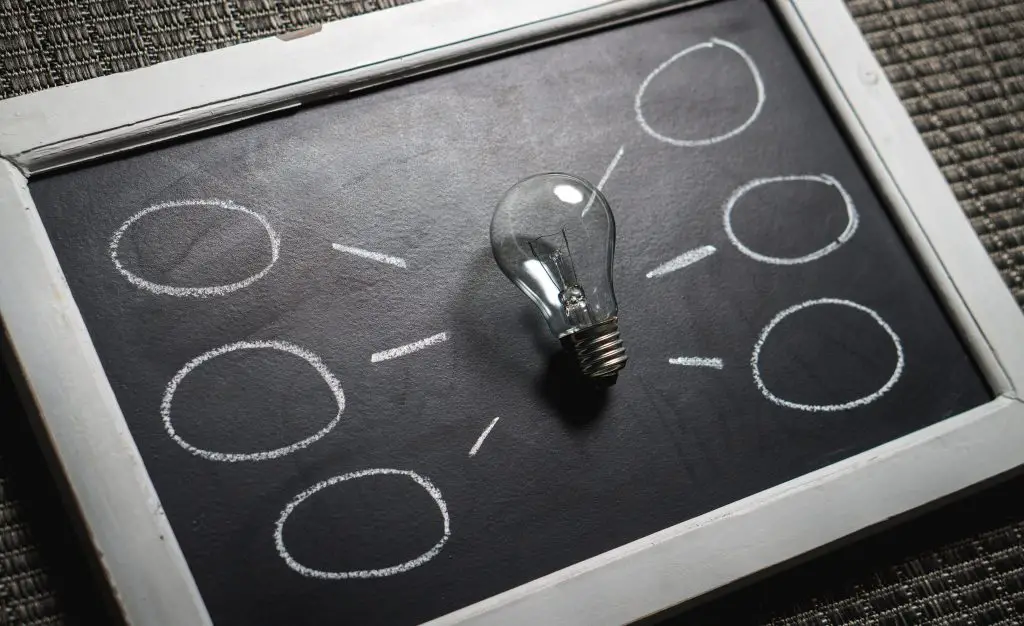Mental models are used as frameworks and filters and a way to think about the world and make the right decisions based on principles. Mental models are not always correct but they can raise your probability of having success with how you think and the decisions you make based on robust principles.
Jeff Bezos used a regret minimization model for this decision to walk away from a great job and start an online bookstore in 1994 that he would name Cadabra and later change it to Amazon.
After agonizing about whether he should take the risk and make the leap as an entrepreneur he used a simple heuristic to finally go for his dream. This mental model helped change a very complex life changing decision that was difficult to make into a simple one.
The primary question in creating a regret minimization framework is: In X number of years, will I regret not doing this?
This mental model asks you to imagine your future self and look at the decision from that perspective, good or bad did you regret making this decision. The answer to this question has to be either yes or no. Either you think you will have regret or you will not. You can imagine both the worst thing that could happen as well as the best thing that could happen to create a risk/reward ratio to see if the risk of loss is worth the potential for gain.
Jeff Bezos thought that when he was 80 years old he would definitely regret not launching an online bookstore in 1994. His projection appears to have been correct as he has become the richest person in the world instead of staying at a job.
“I knew that when I was 80 I was not going to regret having tried this. I was not going to regret trying to participate in this thing called the Internet that I thought was going to be a really big deal. I knew that if I failed I wouldn’t regret that, but I knew the one thing I might regret is not ever having tried.” – Jeff Bezos
With this mental model you make decisions based on the future not the present. This shifts your decision making process to goals and away from present reality and broadens your perspective.
The key question is whether you will have the most regret by trying and failing or more regret from never having even tried.
“Twenty years from now you will be more disappointed by the things you didn’t do than by the ones you did. So throw off the bowlines. Sail away from the safe harbor. Catch the trade winds in your sails.” – Mark Twain
